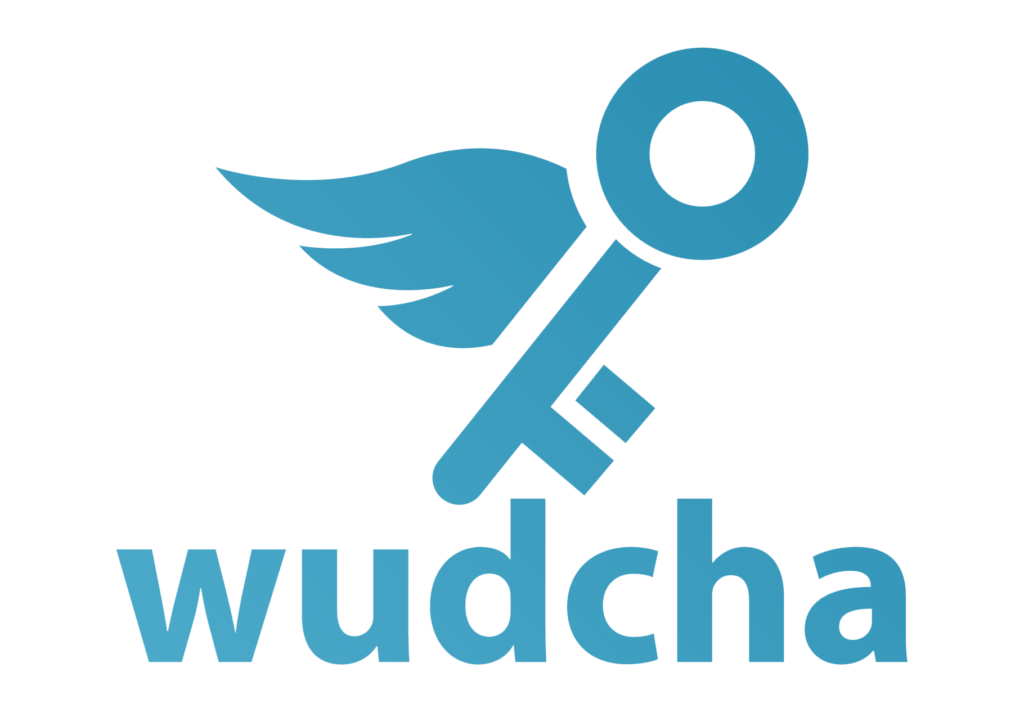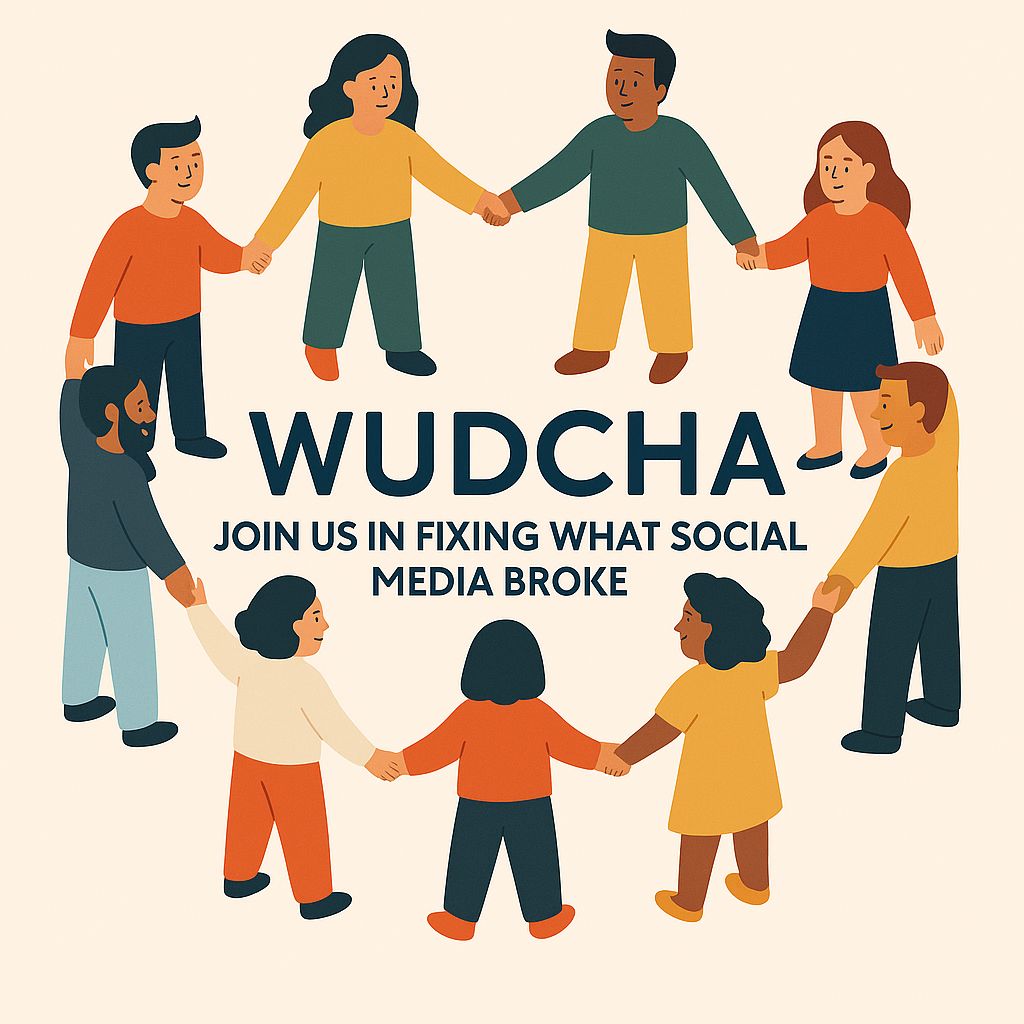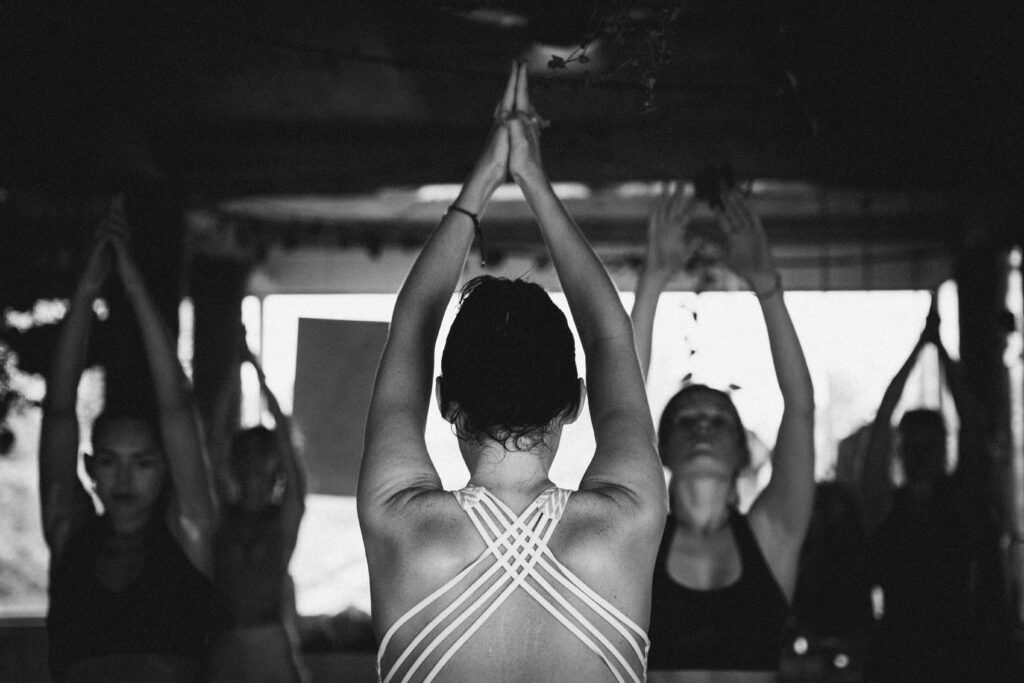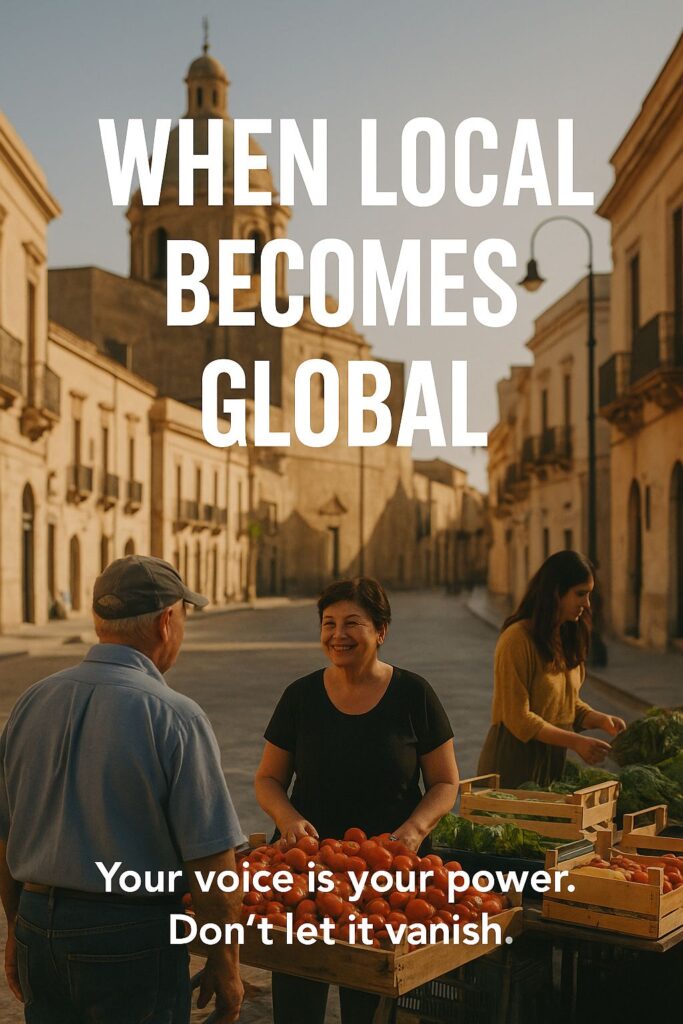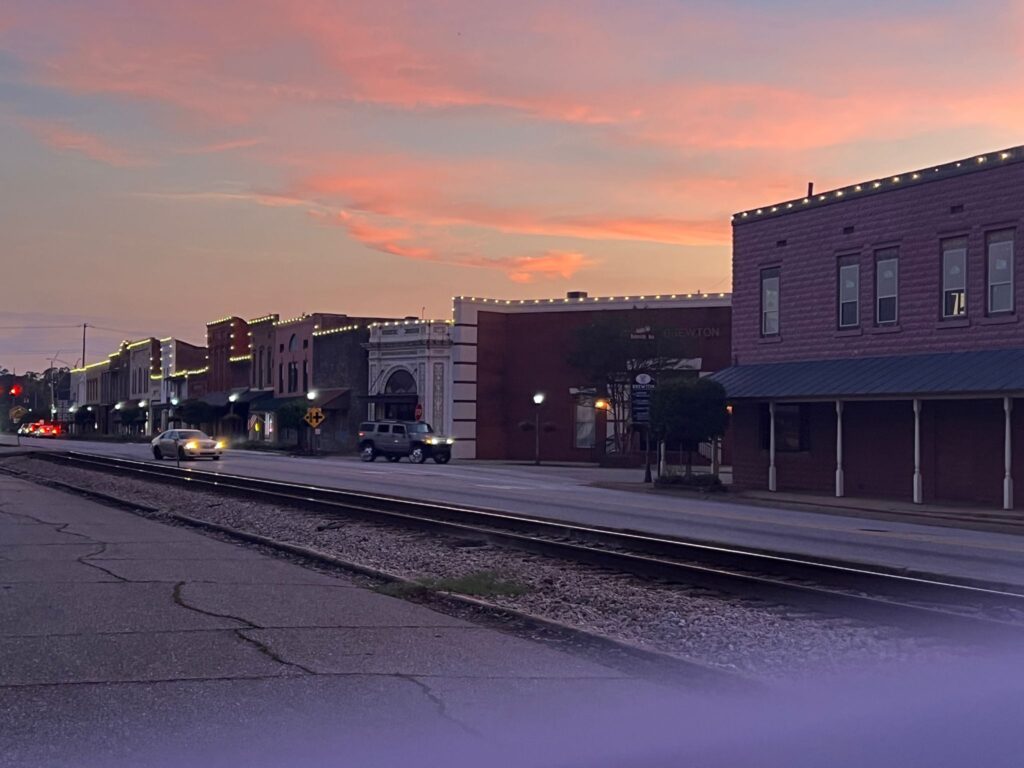This is where we are now.
Every journey has a turning point. For us, September feels like that moment. Not a finish line, but a crossroad lit by something powerful.
Since we arrived in Brewton, every step we’ve taken, every conversation, every connection has led us here. Now, something is shifting. Something called SPARKS. But SPARKS is more than a festival. It’s a recognition. A moment where small towns across America are invited to raise their voice and say: we’re here, and we matter. That’s why when we found out Brewton had been chosen as one of the stops for Spark! Places of Innovation: an exhibition inspired by the Smithsonian, we didn’t just feel honored. We felt seen.
The Smithsonian describes it this way: “Spark! Places of Innovation explores the unique combination of places, people, and circumstances that sparks innovation and invention in rural communities.” It’s not about Silicon Valley. It’s about communities like ours, where creativity grows not from capital but from collaboration. Where solutions come from real people, responding to real needs.
And that is exactly what Wudcha is.
Wudcha was born from the same spark that fuels this exhibit. The same desire to fix what’s broken and build what’s needed. In a town where many young people leave because they can’t find opportunity, Wudcha offers a new way forward, not by replacing what’s here, but by reconnecting it. By turning every phone into a living notice board. By helping families find employment, businesses attract customers, and communities connect with one another. In real time. Right here.
To us, SPARKS is not a separate celebration. It’s the natural continuation of what’s already happening in Brewton. We’ve felt it. We’ve seen it. In the council members who crossed political lines to support something they believed in. In the small business owners who sat down with us after yoga class to talk about ways to grow. In the teachers and parents who told us, with quiet hope, that they want their children to stay and thrive.
This town has been quietly innovating all along. What Wudcha does is make that visible. Tangible. Actionable. Whether it’s a farmer looking for help with harvest, a single mom offering tutoring, a teen wanting to sing at the local café, or a church planning a coat drive, these are sparks of innovation. They don’t need algorithms. They need to be seen.
So when we say we’re going to SPARC, we’re not going to showcase a company. We’re going to represent a community. We’re bringing the stories we’ve collected, the hands we’ve shaken, the ideas scribbled on napkins, the hopes whispered across generations. We’re going to listen, to learn, and to bring back something real because the path we’re on doesn’t end in September. It keeps going.
We believe Brewton can become a model for other small towns. Not because it’s perfect, but because it’s alive. Because it dares to believe that something better is possible, even without a giant budget or national attention. That belief is the spark. It’s the same spark that led to Provalus, to the Coastal College campus, to Georgia Pacific, and every other local effort that puts community first.
We’re proud to be part of that flame.
And while we may not have all the answers, we know one thing: when people feel seen, when their ideas are heard, when their town is reconnected, they come back to life. And that, more than anything, is what innovation truly means.
This is our road to Sparks of innovation. It’s paved with gratitude, with purpose, and with a quiet fire that refuses to go out.
Come see us at Brewton City Hall from September 23rd to October 23rd.
Your voice is your power. Don’t let it vanish.
With love,
Marianna Grillo
Co-Founder, Wudcha
